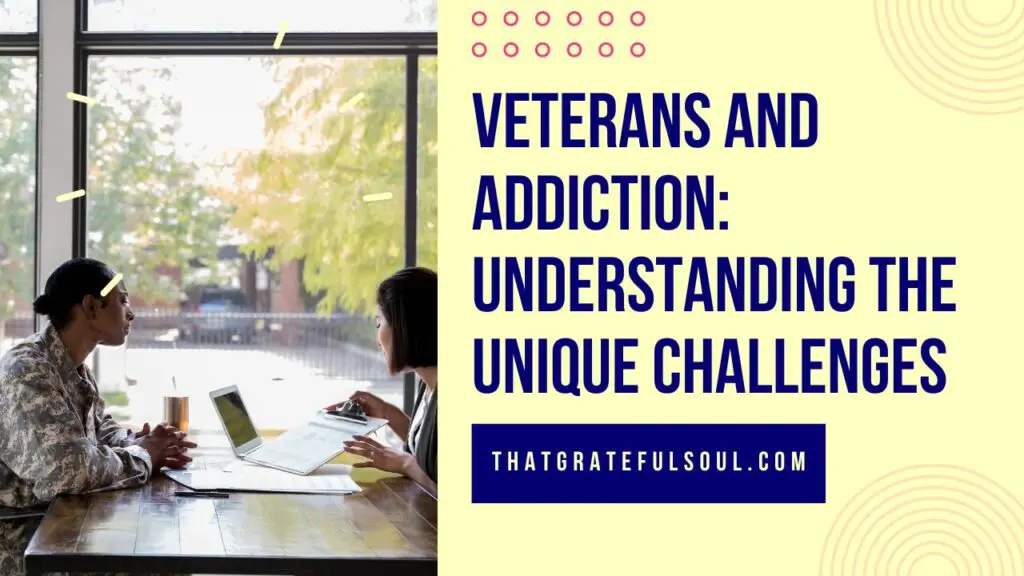The challenges faced by veterans often extend beyond the battlefield, with many grappling with addiction upon their return. This article seeks to elucidate the unique struggles veterans encounter concerning substance abuse[1].

-
Save
Table of Contents
Veterans and Substance Use Disorders: A Closer Look
Substance use disorders (SUDs), including alcohol and drug addiction, are prevalent among military veterans, often as a way to cope with the stressful experiences and traumas encountered during service[2].
Unique Challenges for Veterans
Several factors contribute to the high rates of SUDs among veterans.
Post-Traumatic Stress Disorder (PTSD)
PTSD is common among veterans, resulting from exposure to traumatic events during service. The disorder’s symptoms can be severe, leading many to self-medicate with alcohol or drugs[3].
1. Chronic Pain
Veterans often deal with chronic physical pain due to injuries sustained during service. This pain can lead to the misuse of prescription medications, particularly opioids, leading to addiction[4].
2. Transition to Civilian Life
The transition from military to civilian life can be challenging, leading to feelings of isolation and disconnection. Some veterans turn to substances as a coping mechanism[5].
Addiction Treatment for Veterans
Given the unique challenges veterans face, tailored treatment approaches are needed.
1. Veterans Affairs (VA) Services
The VA provides several services, including inpatient, residential, and outpatient treatment programs specifically designed for veterans dealing with SUDs[6].
2. Trauma-Informed Care
Treatment approaches that take into account the role of traumatic experiences in addiction are essential for helping veterans. Trauma-informed care recognizes the impact of trauma and integrates this understanding into treatment[7].
3. Multimodal Pain Management
Given the high rates of chronic pain among veterans, pain management is a crucial aspect of addiction treatment. Multimodal pain management strategies can help address pain while minimizing the risk of addiction[8].
4. Peer Support
Peer support programs, where veterans can connect with others who have experienced similar struggles, can provide a sense of camaraderie and understanding that aids in recovery[9].
Conclusion
Veterans face a unique set of challenges when it comes to addiction. Recognizing these difficulties and providing targeted, comprehensive treatment is crucial to aid in their journey to recovery.
References:
[1]: Substance Abuse and Mental Health Services Administration (SAMHSA). “Veterans and Military Families.”
[2]: National Institute on Drug Abuse. “Substance Use and Military Life.”
[3]: U.S. Department of Veterans Affairs. “PTSD and Substance Abuse in Veterans.”
[4]: American Journal of Public Health. “Chronic Pain Among Veterans of Operation Enduring Freedom and Operation Iraqi Freedom.”
[5]: Psychiatric Services. “Substance Use Disorders in Iraq and Afghanistan Veterans in VA Healthcare, 2001–2010.”
[6]: U.S. Department of Veterans Affairs. “VA Substance Use Disorder Treatment Program.”
[7]: Journal of Substance Abuse Treatment. “Trauma-Informed Care for Individuals with Substance Use Disorders.”
[8]: Journal of General Internal Medicine. “Multimodal Pain Management and the Future of a Personalized Approach to Pain.”
[9]: U.S. Department of Veterans Affairs. “Peer Specialists.”
-
Save

